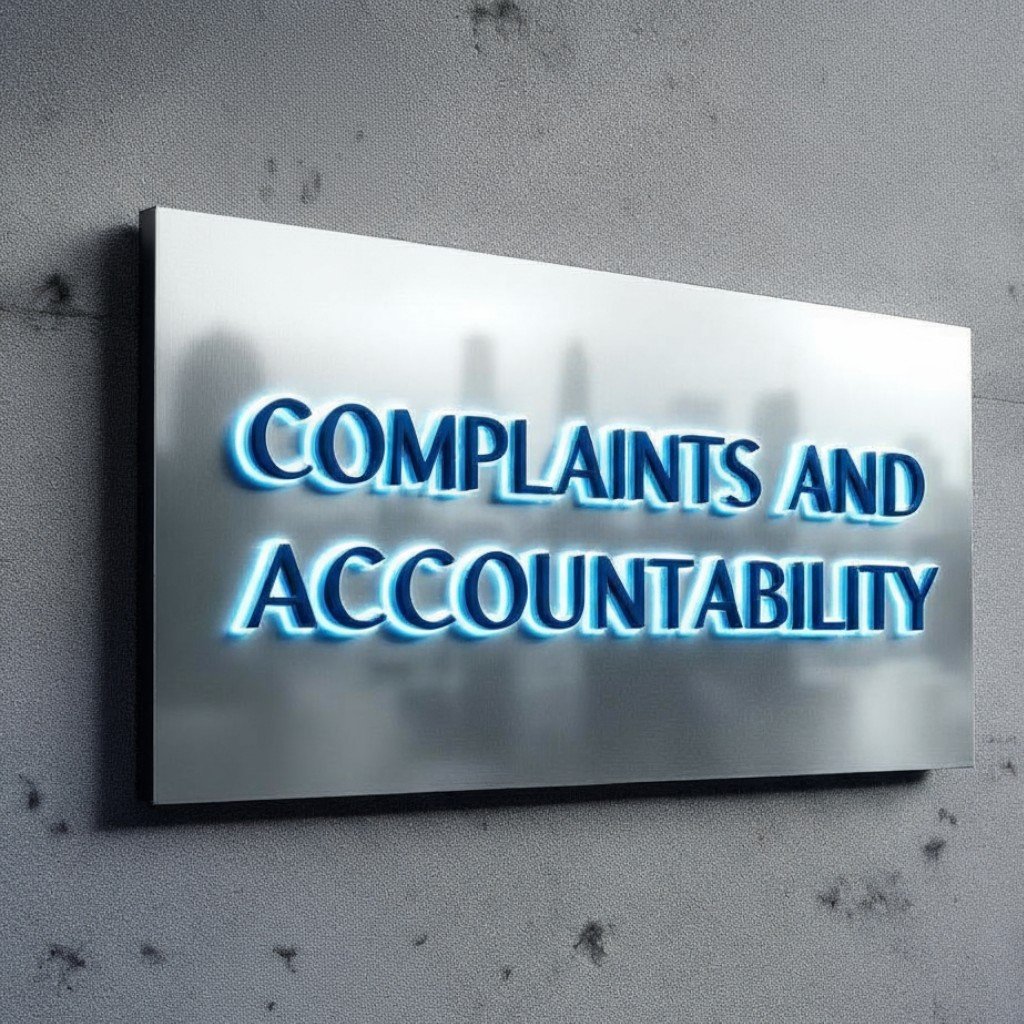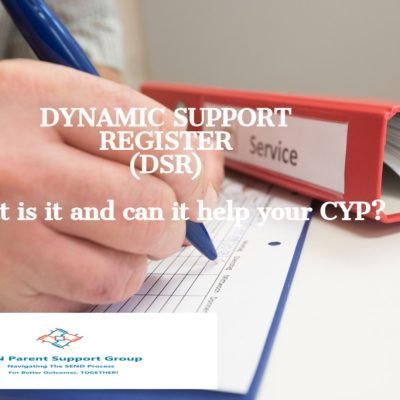SEN Parent Support Group Blog’s are designed to empower parents with both statutory clarity and ethical leverage when challenging unlawful practice:
Holding Public Bodies to Account: Using the Nolan and Wednesbury Principles in SEND Complaints
When navigating the SEND system, parents often find themselves battling not just unlawful decisions, but a culture of opacity, delay, and deflection. While SEND law provides the statutory backbone for challenging these failures, ethical and public law principles like the Nolan Principles and the Wednesbury standard offer powerful reinforcement. This blog explores how these frameworks can be woven into your correspondence and complaints to hold local authorities (LAs) to account.
What Are the Nolan Principles?
The Nolan Principles are the ethical standards expected of all public office holders. They apply to LA officers, school leaders, and anyone delivering public services. They are:
| Principle | What It Means for SEND Parents |
|---|---|
| Selflessness | Decisions must prioritise the child’s needs—not budgets or convenience. |
| Integrity | Officers must avoid conflicts of interest and act without bias. |
| Objectivity | Provision decisions must be evidence-led and impartial. |
| Accountability | LAs must explain and justify their decisions, especially when denying support. |
| Openness | Information should be shared transparently—no gatekeeping or vague refusals. |
| Honesty | Officers must be truthful about assessments, delays, and available provision. |
| Leadership | Senior staff must model lawful, ethical behaviour and challenge poor practice. |
Use these principles to frame your complaints:
“This decision appears to lack objectivity and transparency, contrary to the Nolan Principles underpinning public service conduct. Please confirm how the LA has ensured impartiality and accountability in reaching this outcome.”
The Wednesbury Principle: Challenging Irrational Decisions
The Wednesbury Principle (from the 1948 case Associated Provincial Picture Houses Ltd v Wednesbury Corporation) is a cornerstone of judicial review. It states that a public body acts unlawfully if its decision is so unreasonable that no reasonable authority could have made it.
In SEND, this applies when:
- Provision is denied despite clear professional evidence.
- Decisions ignore statutory duties under the Children and Families Act 2014.
- The LA fails to consider relevant factors (e.g. diagnosis, safeguarding concerns).
- The LA relies on irrelevant or outdated information to justify refusal.
Example for correspondence:
“The refusal to include OT provision despite clear diagnostic evidence appears irrational and disproportionate. Under the Wednesbury Principle, this may constitute an unlawful exercise of discretion. Please confirm how the LA has considered all relevant factors and excluded irrelevant ones.”
How to Incorporate These Principles into Your Advocacy
Here’s how to embed these standards into your complaints, SARs, and escalation letters:
In Complaints:
- Reference Nolan Principles when challenging lack of transparency or bias.
- Cite Wednesbury when decisions defy logic or ignore statutory evidence.
In SARs and Safeguarding Escalations:
- Use “Openness” and “Honesty” to challenge retrospective edits or missing records.
- Demand accountability for procedural failures and data breaches.
In Tribunal Submissions:
- Frame irrational decisions under Wednesbury to strengthen your argument.
- Highlight ethical breaches to support claims of maladministration.
Template Snippet for Parents
“I am raising this complaint under both SEND statutory guidance and the Nolan Principles of Public Life. The LA’s failure to act transparently and objectively in assessing my child’s needs, and its refusal to provide lawful support, breaches both ethical and legal standards. I also believe the decision may be irrational under the Wednesbury Principle, given the weight of professional evidence ignored.”
SEND law gives us the right to challenge unlawful decisions. But the Nolan and Wednesbury principles give us the language to demand ethical governance and rationality. When used together, they transform your advocacy from reactive to strategic holding public bodies to the standards they claim to uphold.
Let’s keep pushing for lawful, ethical, and child-centred practice. Because our children deserve nothing less. For information on Judicial Review & SENDIST view here
There are resources within our resource hub that can assist you every step of the way from complaining to GP’s, LA, Schools and LGO… Search Complaints within our resource hub here or click on a resource below!
Understanding SEND
All Things EHCP
- LETTER: LA Failure To Notify If Issuing the plan
- RESOURCE: Moving Local Authorities
- LETTER: Mediation Agreement – LA agreed to issue/amend EHCP but hasn’t provided draft within 5 weeks
- LETTER: Refusal To Assess Won and LA Not Notified of EP Assessment Within 2 wk Timeframe
- LETTER: To LA – After Tribunal – Refusal to Issue. No Draft plan within 5 week timeframe.
Attendance, Exclusions & Sanctions
Complaints
- LETTER – Enforcing Interim Education S43 with LA + Escalation Letter + Tribunal Request
- LETTER: To School When Whole School Approach To Adjustments Is Not Applied Consistently (IEP or EHCP)
- RESOURCE: LGO Outcomes
- LETTER: Right to Choose Rejection 3 Step Complaints Letters
- RESOURCE: Core Deficit Supporting Tool




